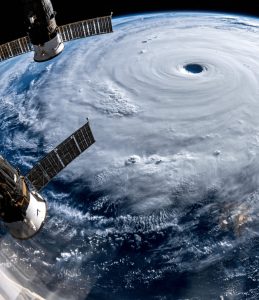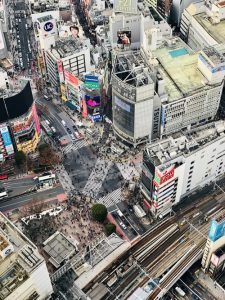
How can we build belonging through our work?
How do feelings of connection – or their opposite – affect how people behave as citizens? How can we as change-makers build belonging through our work? And why does it matter for our work that we learn and practice self-acceptance?
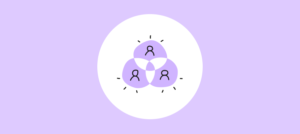
How can we bridge divides?
Why does in-group bias matter so much for politics – and how did our social groups become so homogenous? How can conversations bridge differences, and how can we build this into our work as change-makers? How do we know bridge building won’t lead to lowest common denominator outcomes?

How can we steady ourselves in the face of things that seem threatening?
What happens when we respond to perceived threats with ‘fight-flight-freeze’ responses? Why is it so tempting for change-makers to generate such responses as a way of firing up our supporters? What are the risks of this approach – and what are the alternatives?
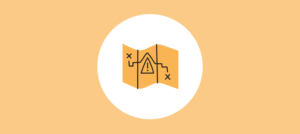
How can we support people through times of loss and crisis?
What is collective trauma and why is it so relevant to so many of the issues change-makers work on – from climate to migration to gender equity? And how can we help people and communities recover from experiences of trauma or loss?

How can we tell the kind of stories that bring people together?
Why are stories so powerful, and how can the stories we use to make sense of the world become self-fulfilling prophecies? What happens when we lack shared stories? What kinds of stories can help us navigate this moment – and how can change-makers help to provide them?


